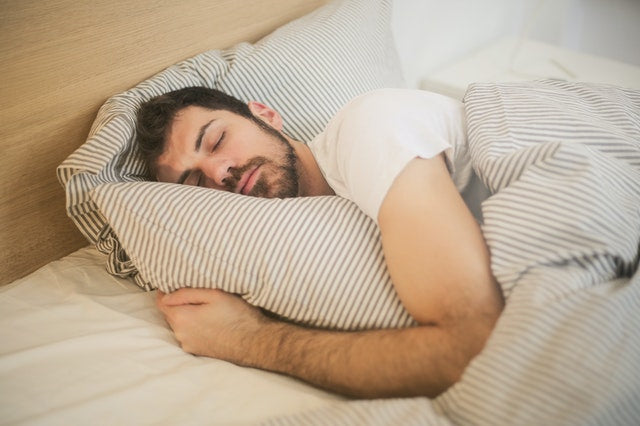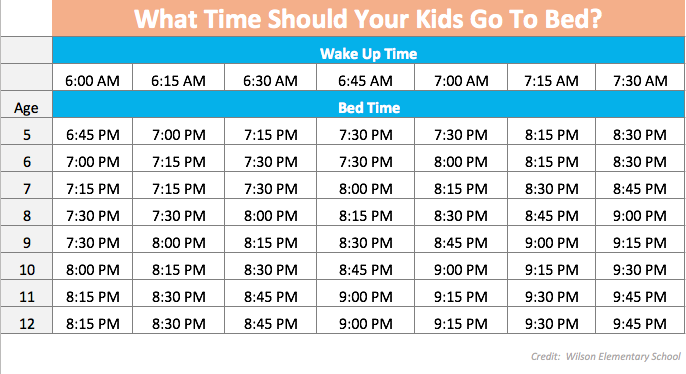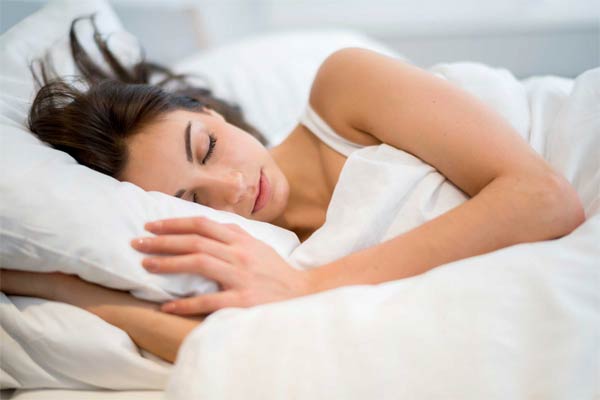

Instead, you want to be consistent and go to bed and get up at the same time each day, including holidays and weekends. Try not to stay up late or sleep in on weekends, as this will disrupt your circadian rhythm. Besides, experts discourage sleep fragmentation, as it increases daytime grogginess and sleepiness, reduces performance, and makes you feel run-down. Otherwise, the following alarm may awaken you in a new sleep cycle, making it even harder to wake up. When you set the alarm clock, try not to hit the snooze button. Set your alarm and move it to avoid hitting snooze.Figure out the amount of sleep you need – experts recommend seven to nine hours – and calculate when you should get to bed based on your fixed wake-up time.
BEDTIME BASED ON WAKE UP TIME FULL
When you prioritize sleep, it becomes an essential part of your day and gets your body and brain accustomed to getting the full rest you need.

But this will only mess up your sleep cycle and affect your sleep quality. It’s easy to skip sleep to watch a movie, work, socialize, or work out. So, if you often wake up at 7:00 but want to start at 5:00, set your alarm for 6:40 on Monday, and 6:20 on Tuesday, and so on.

According to a New York Times post, you can reset your body’s natural clock by moving up your wake-up time by 20 minutes a day. You might not have it in you to start your day at 4:00 am, or 5:00 am. It also gets your body and brain accustomed to getting the full amount of rest you need. Having a sleep schedule in place helps you to normalize sleep as an essential part of your day. Set up your sleep schedule to avoid sleep problems This article will list a few simple tips to help you get enough rest and wake up ready for the day. With a few lifestyle and environmental changes, we can recalibrate our system to get the sleep we need and wake up feeling refreshed and ready for the day ahead. Thankfully, we all have an impressive ability to make our habits serve our long-term interests. The rest of us fall somewhere in between. Roughly 25% of people are naturally early risers, and roughly another 25% are night owls. Everyone has a unique circadian rhythm or natural, internal process that regulates the sleep-wake cycle.


 0 kommentar(er)
0 kommentar(er)
